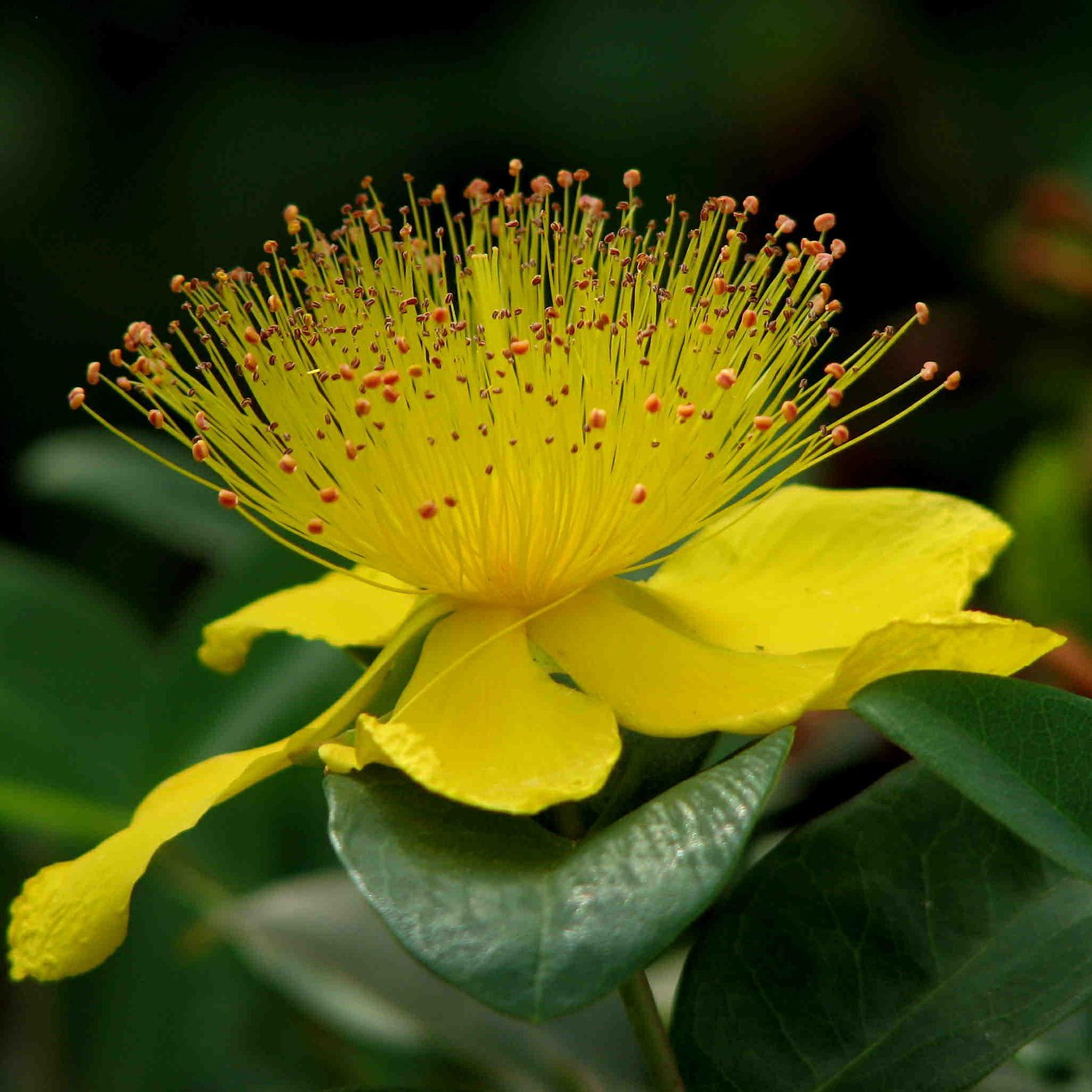
Topical Benefits of St. John's Wort
Overview
St. John’s Wort, known botanically as Hypericum perforatum is native to Europe, but has also been known to grow throughout the United States, Russia, and China. It is well known in the homeopathic and natural communities for its antiviral, antioxidant, antibacterial, and anti-inflammatory properties. The leaves and flowers are the main parts of the plant used for their medicinal benefits.
Benefits
St. John’s wort has been used for centuries as an oral mood stabilizer. It is prepared in teas, tinctures, capsules, and topical preparations. It’s nerve pain neuralgia and sciatica. Topically, this gentle plant has a multitude of benefits; this includes increasing promoting healthy blood flow, hydrating, and increasing elasticity. The antioxidants in St. John’s wort make it excellent for speeding up recovery time of burns and wounds.
St. John’s wort carries therapeutic components called hyperforins. These constituents are composed of highly potent anti-inflammatory properties. St. John’s wort’s ability to regulate inflammatory response makes it a great remedy for muscle and joint aches, nerve pain, and even skin irritations.
Summary
To summarize, St. John’s wort has been used for centuries for its medicinal benefits. Though it has many uses, when used topically, it is extremely helpful for healing and soothing skin irritations, promotes a healthy inflammatory response and improves circulation. This herb is wonderful for anyone looking for a gentle and safe remedy for general health issues.
St. John’s wort is generally regarded as a very safe and gentle natural remedy. A person should be careful and consult with a healthcare professional before using any new supplement. If you are pregnant or breastfeeding, please consult your doctor before using St. John’s wort, even in topical form.




